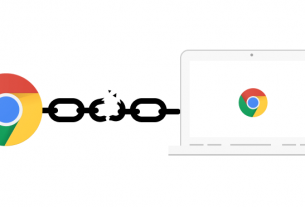Just before the deadline to blackout channels, YouTube and NBCUniversal have agreed to a short-term fix. Both the parties agreed to a short-term extension that helped NBCU networks to continue live streaming of its channels. The two companies have been at loggerheads in recent days. They were not able to reach common ground over a number of networks. This included local stations, regional sports outlets, and the broadcast mother ship. They both agreed to a short extension so that they can work out something. The clash between both companies over carriage terms created a lot of uncertainties in recent days.
“A short extension has been agreed upon by NBCUniversal and YouTube TV while talks between the parties continue. As a result of the extension, NBCUniversal will not go dark on the video platform,” a spokesperson of NBCUniversal said in a statement. “We will continue to keep sharing more information as and when there is some significant development,” the spokesperson added. One of the sticking points was the demand raised by NBCUniversal wherein it had reportedly demanded the Google-owned YouTube TV should bundle its streaming service, Peacock in case it wants to have access to these channels of the broadcaster. However, YouTube had refused to accept that condition and had accused the channel of treating it just like other TV providers.
YouTube had opposed the idea by saying that this would make some customers pay twice for the same content. YouTube is allowing NBCUniversal to telecast 14 of its channel. This included NBC, Bravo, and some regional sports channels. Meanwhile, YouTube TV recently claimed that it has passed 3 million subscribers as of late 2020. It manage to achieve the feat mainly because it heavily promoted the internet-delivered TV package. Considering the figures presented by the company, it is the second-largest TV bundle. The first being Disney’s Hulu + Live TV. YouTube had to raise prices as the cost of programming went up.

Jeffrey is acting editor in chief of AmazingNews24 with over seven years of experience in the field of online news under his belt. Jeffrey has worked with multiple media houses and is currently leading a team of journalists, sub-editors and writers through his entrepreneurial endeavours.


